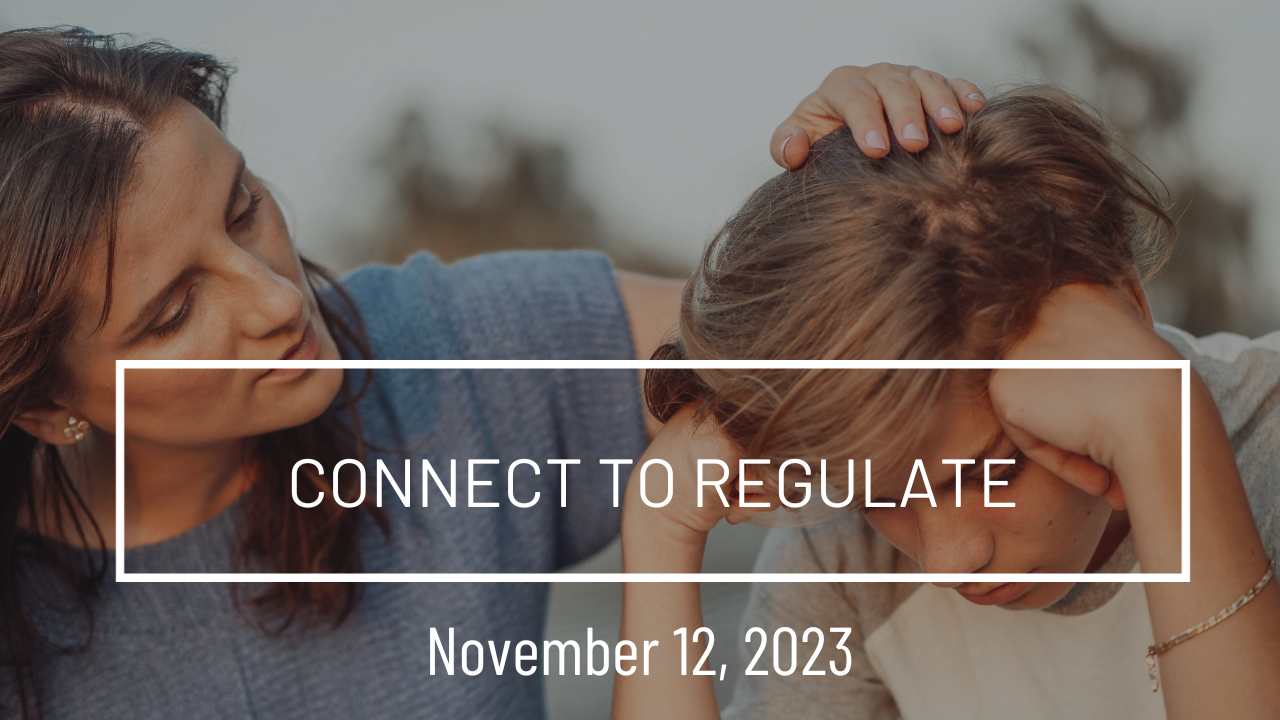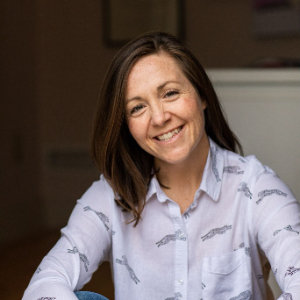
Connect To Regulate
Last week we talked about how rest is foundational to our emotional balance and wellness and how a deeper connection with ourselves and one another happens when we rest. Connection is a fundamental need as humans, no wonder connection helps us feel more regulated. The more I practice getting still and quiet, the more accessible co-regulation feels when emotions run high and my kids and students need guidance. My presence and eye contact alone model healthy regulation. This week, we explore co-regulation through connection practices, and how connection helps us build important social-emotional skills we all crave.
Connect To Regulate
Emotional disturbance and reacting in ways we regret are a part of life. We are human after all. From what I have learned over the years, when I suppress and ignore my most difficult feelings, I become more reactive and more drained. Yet it goes against our human nature to lean towards what hurts. This is why compassion is a practice and takes conscious choice. And when we do, we build skills to help process even the hardest emotions in healthy ways and we find relief.
With children, I feel like there is a reactive approach to helping kids emotionally regulate. We might be triggered and trying to get them to calm down before they have had a chance to release their emotions. We might be asking them to take deep breaths when they don't really know what that feels like from a place of calm. We expect a lot from them when it comes to emotional regulation, but they really need us to model for them and guide them throughout their lives.
While co-regulation requires practice and work, I assure you that it is less draining for you in the long run. You are helping yourself build these skills that will last a lifetime, and you are teaching your students and children that they are strong enough to process the hard stuff with strength and resilience, beyond their time with you. What a gift.
As adults, we can increase our awareness and acceptance, we can tune into ourselves to help our kids regulate. I encourage you to practice when things are calm and brains are open to receiving information. The more short, simple connection practices we build into our day, the more regulated everyone feels overall.
Here are a few ways we can build a connection with ourselves:
- Breathe with intention - 10 deep breaths in the morning
- Be still and quiet when we are waiting - instead of scrolling
- Journal for 2 minutes - daily journaling is a beautiful way to connect & release
- Eye Contact - to feel safe, seen, and heard
Intentional connection practices have a way of helping all of us feel emotionally whole and regulated. Our program builds many connection practices into your daily routine including; self-connection, breath and body connection, and connection to one another and the world as a whole. By building these practices into our daily routine with children, we build empathy and a strong sense of common humanity.


